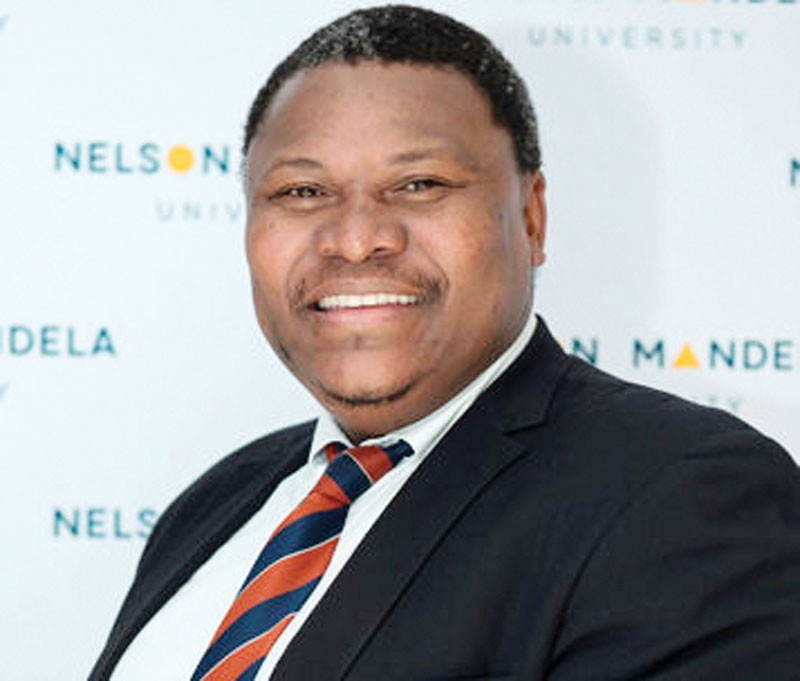Botswana can be the regional medical hub
Staff Writer | Friday August 16, 2019 15:01


Pepeta was speaking at the recent Kalafhi Pemano seminar during the just-ended Global Expo Botswana.
Medical tourism refers to people travelling abroad to obtain medical treatment, primarily because it is cheaper there. It is driven by affordability for the most part.
Medical care in countries such as Mexico, Thailand and Turkey can cost as little as 20% of the price of comparable care in the US, Sweden and other European countries for some procedures.
Currently, patients from US, Canada, Europe, Australia and the Middle East appear to be travelling to destinations in Asia such as India and in Central America such as Mexico, Costa Rica for medical care.
For example, in 2005 the average cost of a procedure such as the ‘Heart Bypass’ was P270,000 in the UK, P230,000 in France up to P1,400,000 in the US while the cost in India was only P76,000.
Medical tourism can offer opportunities to developing countries to make improvements in their country and the host country can enjoy the economic benefit from medical tourism.
Interestingly, is that some of the mentioned countries that are medical tourism destinations that have a similar GDP per capita as Botswana’s.
Pepeta lauded one of the fastest growing local medical companies, Kalafhi Medical Centre, founded by Dr Matlhogonolo Mongwa, for partnering with Pemano, a company consisting of South Africa’s leading medical specialists from all disciplines including but not limited to surgery, cardiology and cardiothoracic surgery, nephrology, neurology and neurosurgery, rheumatology, gastroenterology, paediatric cardiology and paediatric cardiac surgery, paediatric nephrology, interventional, radiology, oncology, paediatric surgery, ophthalmology and urology, with the aim of establishing specialist-driven centres.
Pepeta, who is also lead in the establishment of the Nelson Mandela School of Medicine, said Kalafhi is on the right track because the first step for Botswana eventually becoming a medical tourism destination is to bring in the expertise.
“Botswana has the right ratings to attract investors. But investors will want to find the expertise already in existence before they can pump in the money.
He further advised locals to establish centres of excellence. If Botswana’s private hospitals and medical centres build a strong reputation of being excellent, people from Zimbabwe, Zambia, Namibia will travel to Botswana for medical treatment,” he said.
Pepeta urged local medical centres to adopt the latest technology such as the ones used for minimally invasive medical procedures, because they reduced the patient’s hospital stay and reduced medical costs.
He also stressed that medical tourism could be combined with other attractions like sightseeing tourism. There are many linkages in medical tourism. Hospitals can partner with hotels for example for people travelling with their families.
“Botswana is in a good position than even South Africa to become a regional medical tourism destination, because medical treatment in South Africa is very expensive,” Mongwa added.
